Our genes. Genes are found in every one of the 37 trillion cells that make up our body. To define what a gene is, let's look closer at one of those cells. Every cell has a nucleus and inside every nucleus are chromosomes and all chromosomes are made of DNA, molecules that contain genetic information called genes.
Genes in general direct specific processes in the body by coding for proteins. A gene's primary function can be broken down into four general categories. First, genes can encode proteins to build something in the body. This can be anything from muscle to bones and cartilage and any other of our internal structures. Secondly, genes can encode proteins that help direct the body to do something such as muscles flexing or hair growing. Thirdly, genes encode proteins that indirectly support bodily functions. This could be by helping the immune system to respond to injury or to assist blood flow through our circulatory system. And lastly, genes directly influence our physical characteristics or traits like physical quirks, hair color, eye, color, skin tone, and more.
As you can see, each unique combination of genetic code is responsible for everything in our bodies, from internal operations to the way we look. With 20,000 to 30,000 genes in the human body, understanding the function of each gene and even understanding how different genes work together continues to be a major topic of research. So to put it basically one last time, genes encode proteins to direct specific purposes in the body.
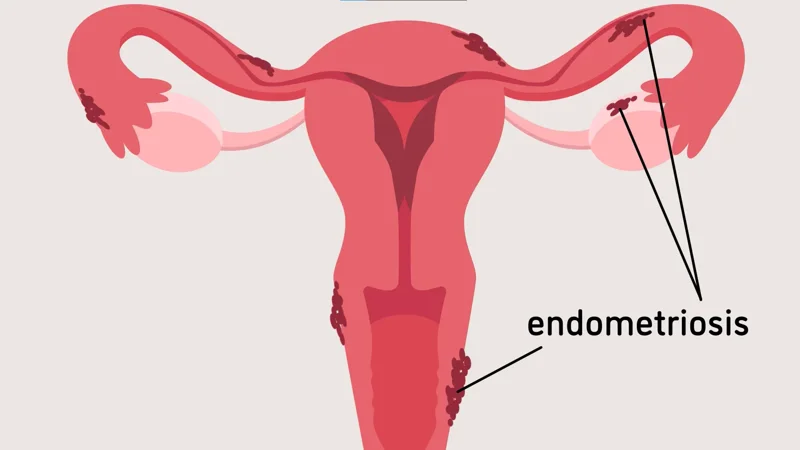
Endometriosis is a fairly common gynecological condition that affects 200 million people with uteruses worldwide. So what is this condition, exactly, and what can be done about it?
View more
We all want to live long lives, but not at the expense of our health!
View more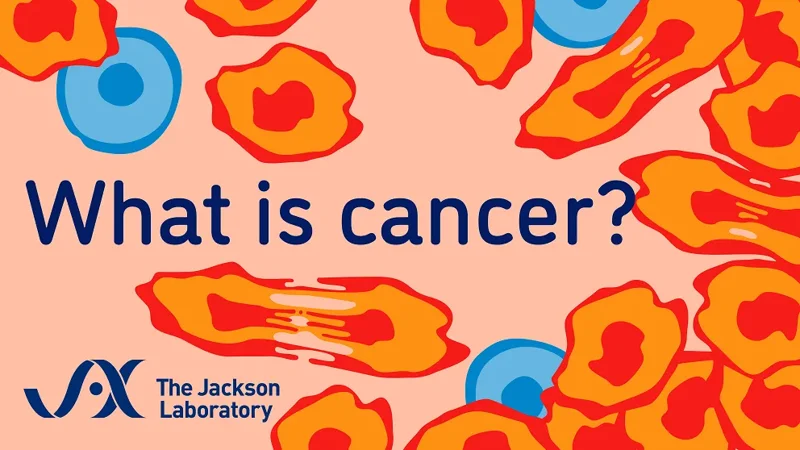


The trillions of bacteria, fungi and viruses that live on the skin all over our bodies is part of the microbiome.
View more
Discover what genetic resilience is and how our genetic makeup can protect us from disease in this Minute to Understanding from The Jackson Laboratory!
View more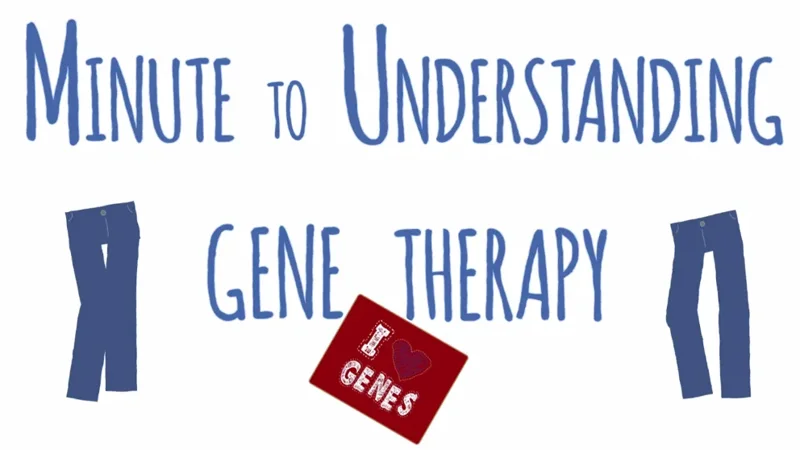
Mutations in our genes can cause life-threatening diseases, and sometimes there is no drug or surgery available for your doctor to prescribe. Enter gene therapy.
View more
Learn how epigenetic changes can affect an individual — without physically changing their DNA sequence.
View more
The difference between genetics and genomics is not just the letter "O."
View more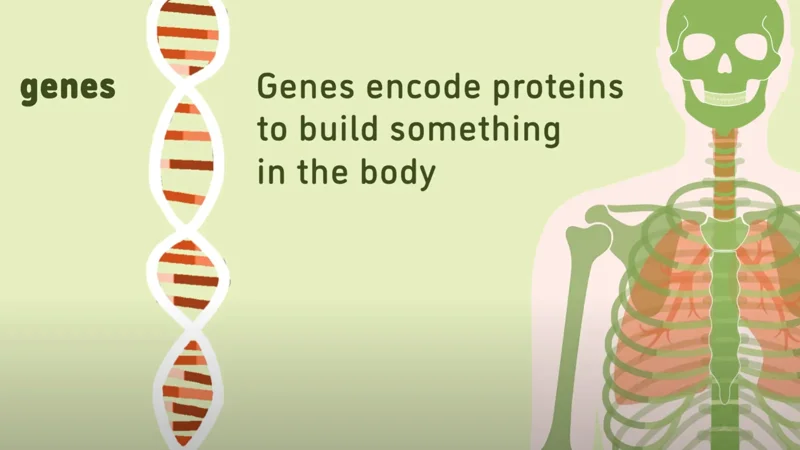
Every person in the world is different. We all have physical characteristics and quirks that make us unique. But what, biologically, makes us who we are?
View more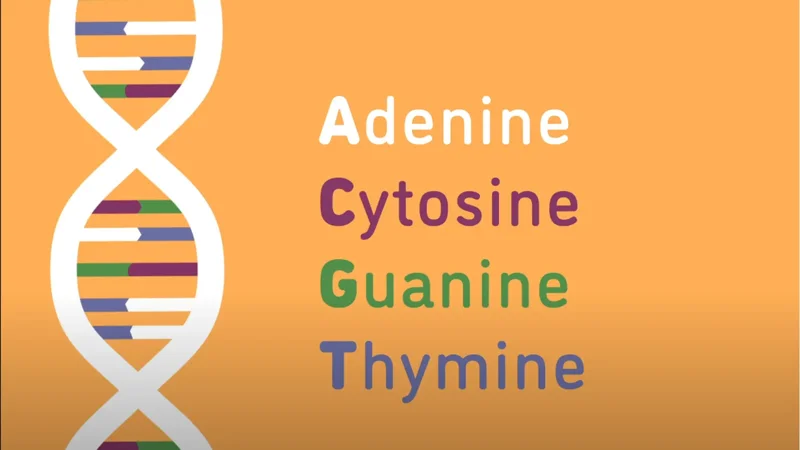
Discover what DNA is and how it serves as the genetic instruction manual for life. Learn how DNA sequences determine traits and pass heritable information from one generation to the next.
View more
What are telomeres? Telomeres are structures made from DNA sequences and proteins found at the ends of chromosomes. They cap and protect the end of a chromosome like the end of a shoelace.
View more
Explore bite-sized science with Minute to Understanding. Quick, easy-to-remember videos simplify complex scientific terms and breakthroughs. Perfect for staying informed on the latest advancements.
View more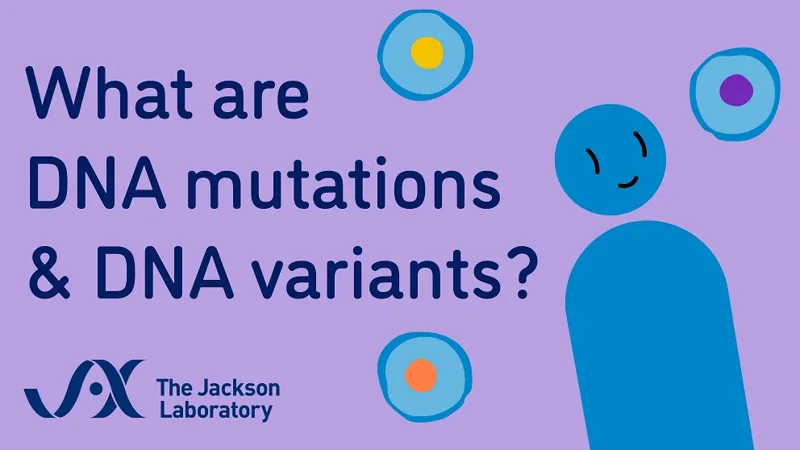
Explore DNA variants and discover how mutations during DNA replication make each organism unique. Learn about their role in genetic variation and their potential impact on life.
Learn more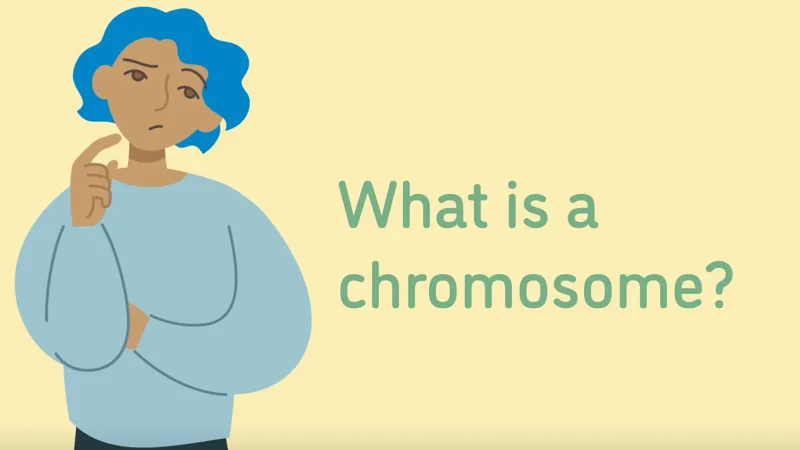
Discover the role of chromosomes in cell division and genetic data storage. Learn how these DNA-packed structures enable proper cell function and ensure life’s continuity.
View more